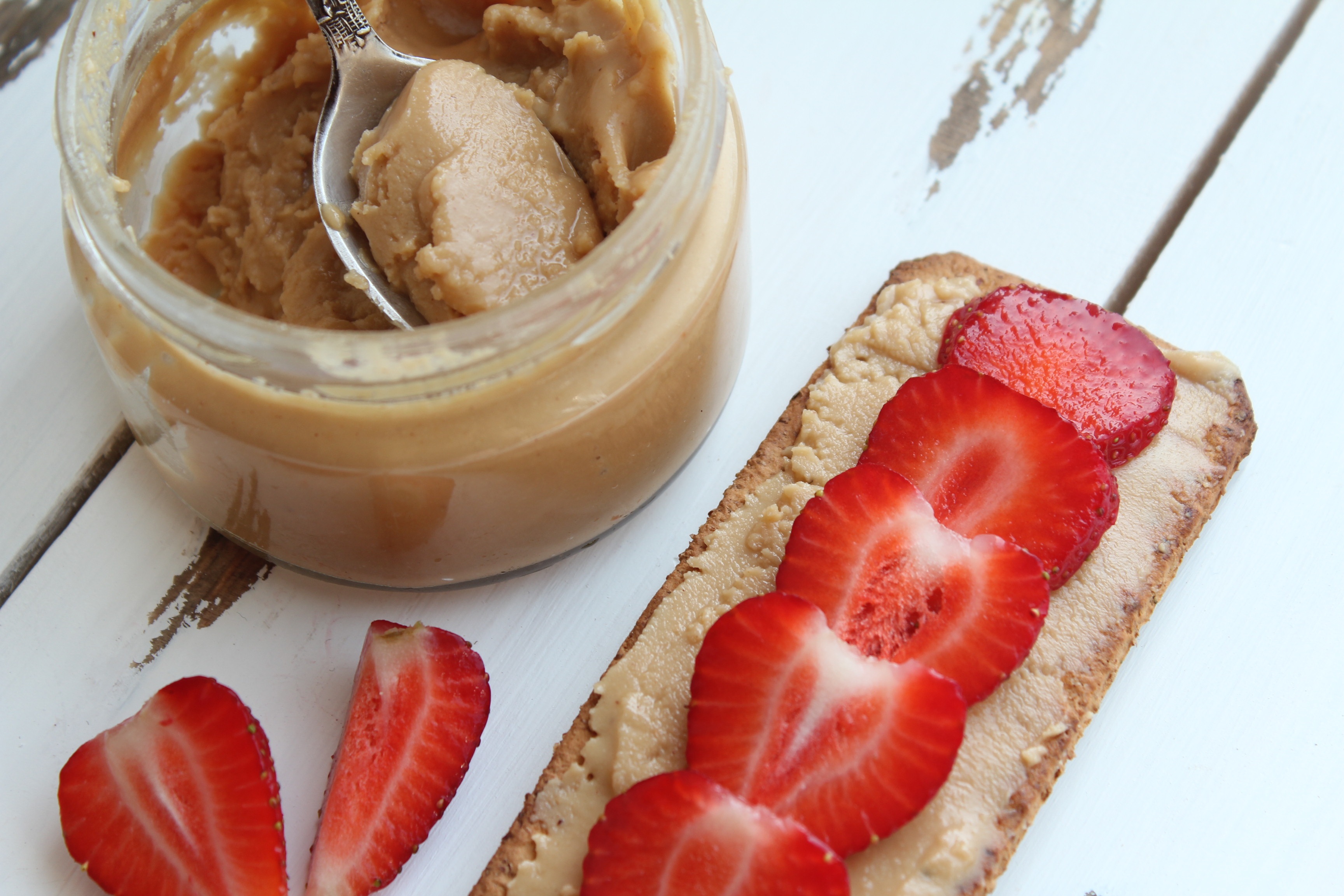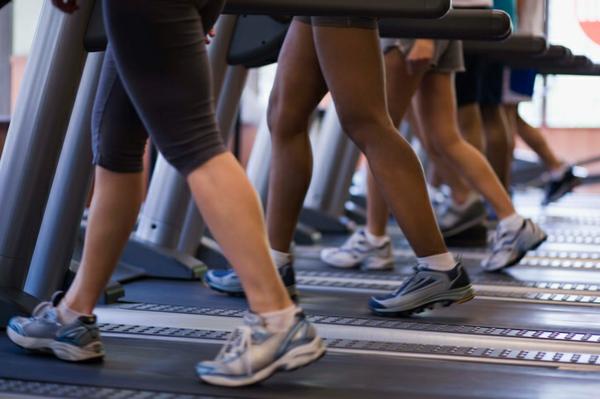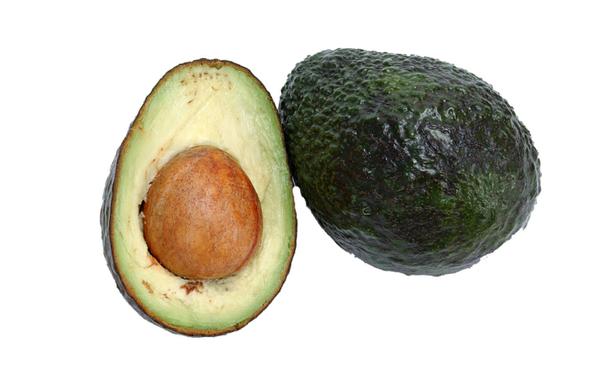Post contributed by Paul Roberts.
 Having a pet can be one of the best things you ever do in your life. They provide us with constant entertainment, become part of our family and they are an integral part of our lives. But they can actually be beneficial to our health too.
Having a pet can be one of the best things you ever do in your life. They provide us with constant entertainment, become part of our family and they are an integral part of our lives. But they can actually be beneficial to our health too.
1. A Healthier Heart
Believe it or not, having a pet dog or a cat can actually reduce your risk of developing heart disease. The reason for this is that they can reduce our stress and will also encourage us to get out and exercise much more often. Exercise causes out blood to pump around our body and rescues its pressure, and it also strengthens our heart overall. People who own animals live a much longer lifespan than those who do not.
2. Stress Busters
Life can be stressful and tough at times, and everything in our lives can bugle up and become overwhelming if we let it happen. Stress related illnesses are some of the most common amongst the working population and pets can reduce this stress by making us happier people. You can be much happier by having a pet to come home to at the end of a hard day and one to cuddle when you are down. For those who have emotional and mental conditions you can even look at CertaPet’s ESA guide to get an emotional support animal who will help you deal with your stress. Petting your dog or cat releases positive hormones in the brain which keep us happy.
3. Sociability
As soon as you own a pet, you become much more attractive as a friend to everyone who sees you. By having a dog for example, you are much more likely to make friends while out and about in the Park because people will either want to come over and pet your dog, or they will have dogs themselves and will talk to you about them. You will make a lot of new friends and acquaintances!





 Hospital readmission rates are a reflection on quality of care.
Hospital readmission rates are a reflection on quality of care.


